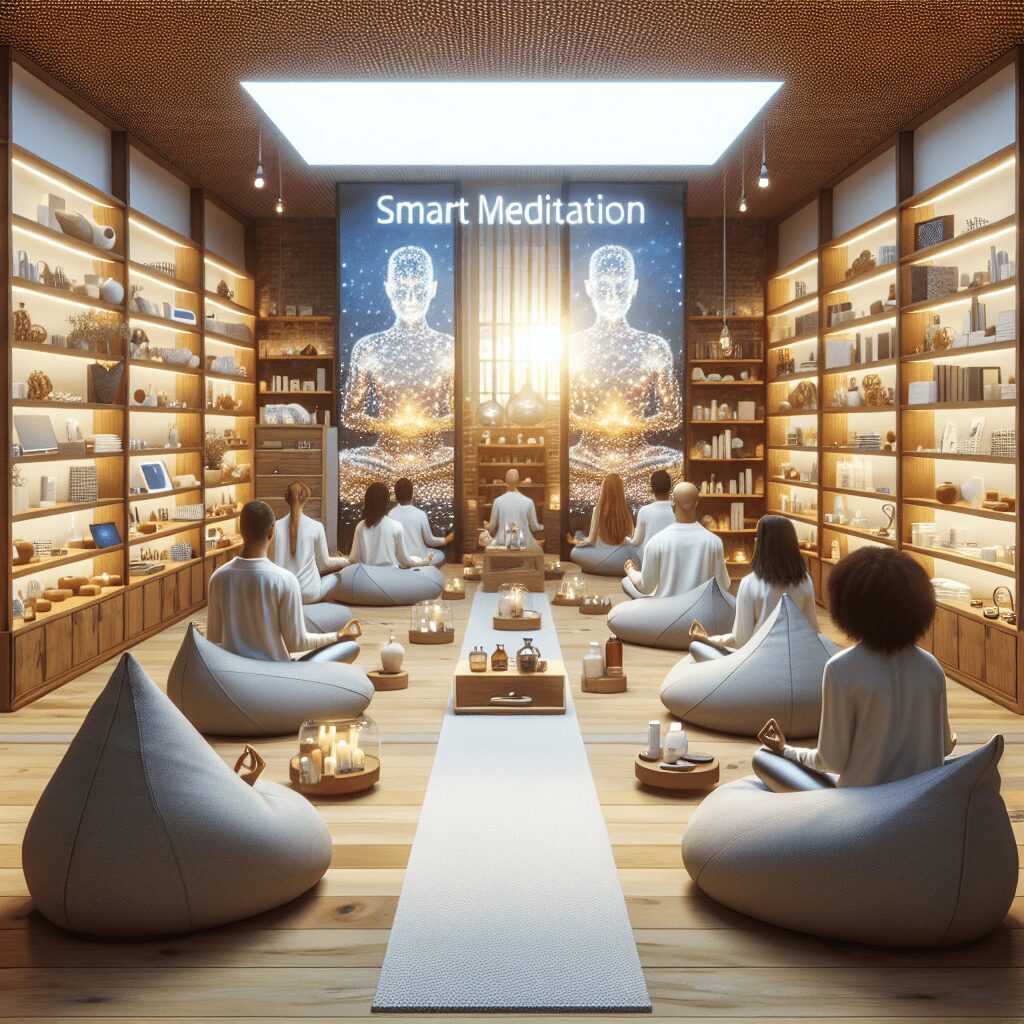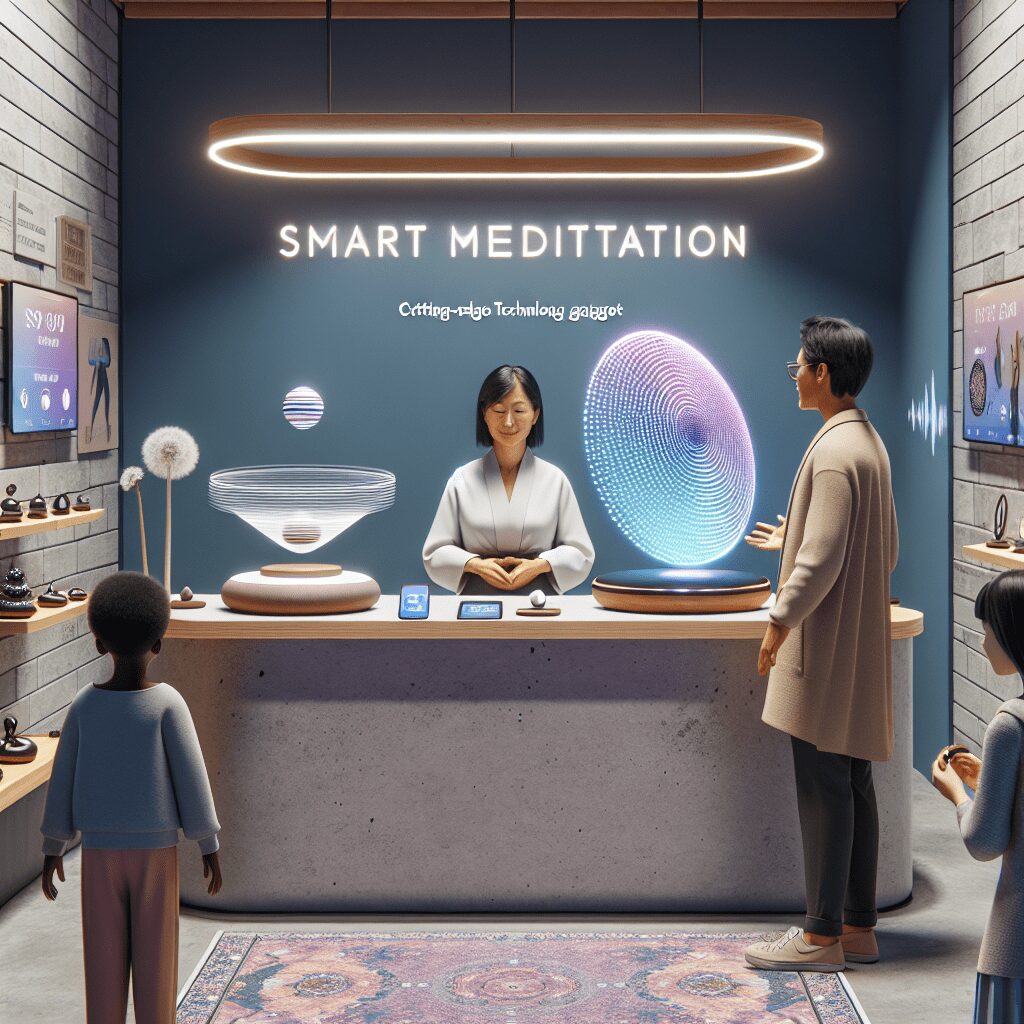
Prioritize your mental well-being daily. Enhance your life by nurturing your mental health with the Smart Meditation app. Break free from stress, alleviate anxiety, and enhance your sleep quality starting today.
What Does Antidepressant Do?
Unraveling the Mystery of Antidepressants
Ever found yourself asking, “What on Earth do antidepressants actually do?” Well, you’re not alone in that boat. It seems like a straightforward question, yet the answer is as layered as a gourmet lasagna. Let’s slice through the layers, shall we?
The Brain’s Chemical Cocktail Party
To get the lowdown on how antidepressants work, we first need to crash the brain’s chemical cocktail party. At this bash, the guests of honor are neurotransmitters such as serotonin, norepinephrine, and dopamine. These chemical messengers are the life of the party, buzzing around the brain, delivering messages that affect mood, emotions, and sleep, amongst other functions.
Now, when the balance of these chemicals goes awry, it can rain on your parade, leading to depression. Imagine serotonin, the mood regulator, deciding to leave the party early. The mood in the brain takes a nosedive, and suddenly, you’re feeling the blues.
How Antidepressants Join the Bash
Enter antidepressants, the party organizers tasked with managing the chemical soirée in your brain. They come in different classes, each with its modus operandi for keeping the mood lights on and the music playing. Here’s a quick guide to the main types:
-
SSRIs (Selective Serotonin Reuptake Inhibitors): These are like the bouncers at the serotonergic terminals, blocking serotonin from leaving the party too soon. By keeping serotonin around longer, they help uplift your mood.
-
SNRIs (Serotonin and Norepinephrine Reuptake Inhibitors): These are the multitaskers, ensuring that both serotonin and norepinephrine stick around longer at the party, leading to an improved overall mood and energy levels.
-
Tricyclic Antidepressants: Old school but still kicking, these focus on more than just serotonin and norepinephrine; they affect several neurotransmitters, making the after-party cleanup a bit tricky due to more potential side effects.
-
MAOIs (Monoamine Oxidase Inhibitors): These are like the party planners that inhibit the enzyme monoamine oxidase from breaking down neurotransmitters, ensuring there’s enough to go around for everyone.
Antidepressants Are No Magic Pill
Now, as awesome as antidepressants might seem, they’re no magic pill. They’re more like a tool for recalibration. You don’t just pop one and voilà, depression be gone! Nah, it’s more of a slow burn. It could take weeks, sometimes even longer, for the effects to kick in. Plus, they work best in cahoots with other forms of therapy, such as – you guessed it – talking it out with a therapist or lifestyle changes.
Moreover, it’s not a one-size-fits-all gig. What works wonders for Joe might not do squat for Jane. It’s all about finding the right chemical mixmaster for your brain’s unique cocktail party.
Closing the Curtain with Some Food for Thought
Understanding the role of antidepressants is akin to piecing together a jigsaw puzzle where each neurotransmitter is a piece of the bigger picture. By aiding in the rebalance of brain chemicals, antidepressants can provide a leg up in the fight against depression, but they’re part of a broader strategy that includes therapy and lifestyle changes.
Remember, navigating the maze of mental health is a journey, not a sprint. And every step forward, no matter how small, is a victory. So, here’s to better understanding the tools at our disposal, seeking help when needed, and keeping the conversation going. Cheers to mental health awareness and breaking down the stigma, one question at a time!




